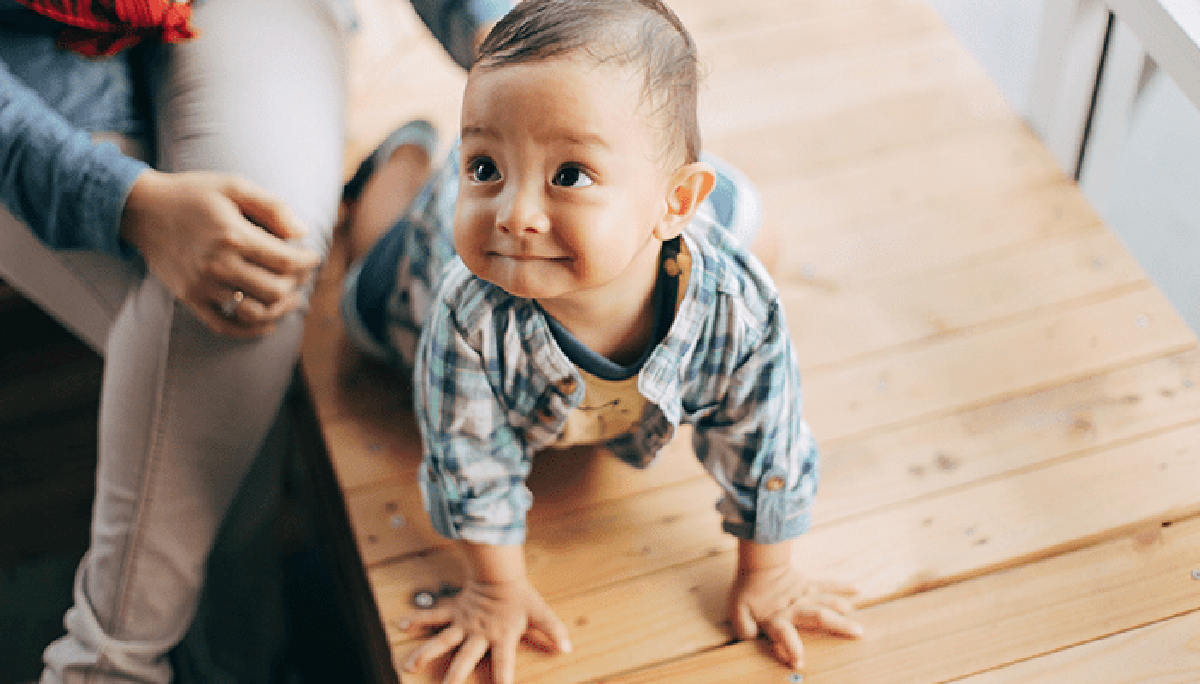Leading dentistry and oral health organizations recommend children see a dentist within 6 months of getting their first tooth and no later than age 1, with checkups twice each year for most children.
That’s because baby teeth are important. They help children chew and speak properly and hold space for permanent teeth. Untreated cavities in baby teeth can mean premature loss of them and the decay can affect emerging permanent teeth.
But what does dental care look like after that first visit? This checklist for infants and toddlers is based on recommendations from the American Academy of Pediatric Dentistry (AAPD):
Birth to 6 months old
- Clean your baby's mouth with water and a cloth or gauze or use a soft infant toothbrush after feedings and at bedtime.
- Establish regular feeding habits (bottle feeding and breastfeeding).
- Children shouldn’t fall asleep with a bottle containing anything but water.
6 to 12 months old
- During this time, the first tooth should appear. Visit with your dentist for an exam as soon as the first tooth comes in, but no later than your child's first birthday.
- Brush teeth after each feeding and at bedtime with a small, soft-bristled brush. Use a very small amount of fluoride toothpaste, about the size of a grain of rice.
- As your child begins to walk, stay alert of possible dental or facial injuries.
1 to 3 years old
- Follow the schedule of dental exams and cleanings, as recommended by your child's dentist. Generally, dental exams and cleanings are recommended every 6 months for children and adults.
- At about age 3, as your child learns to rinse and spit, brushing with a pea-sized portion of fluoridated toothpaste is best.
Our Dentist by 1 directory can help you find a dentist who has indicated they welcome young children in their practice.
Facts about baby teeth
Correct care of a child's baby teeth (also known as primary teeth) is very important. These teeth hold space for the future adult (permanent) teeth.
- If a baby tooth decays or is removed too early, the space for the permanent teeth is lost and may need future orthodontic treatment.
- Infected baby teeth can cause the permanent teeth to develop incorrectly, resulting in stains, pits, and weaker teeth.
- Baby teeth are important in speech development.
- Baby teeth aid in chewing food correctly, promoting healthy nutrition and development.
Most children start losing their baby teeth around the ages five to six. Children often lose their front teeth first. They continue to lose baby teeth until the age of 12 or 13 when all of the permanent teeth finally come through, except for the third molars (wisdom teeth). These molars begin to appear around age 17 to 21.
Following these basic directions will help put your kids on the path to a lifetime of good oral health!

